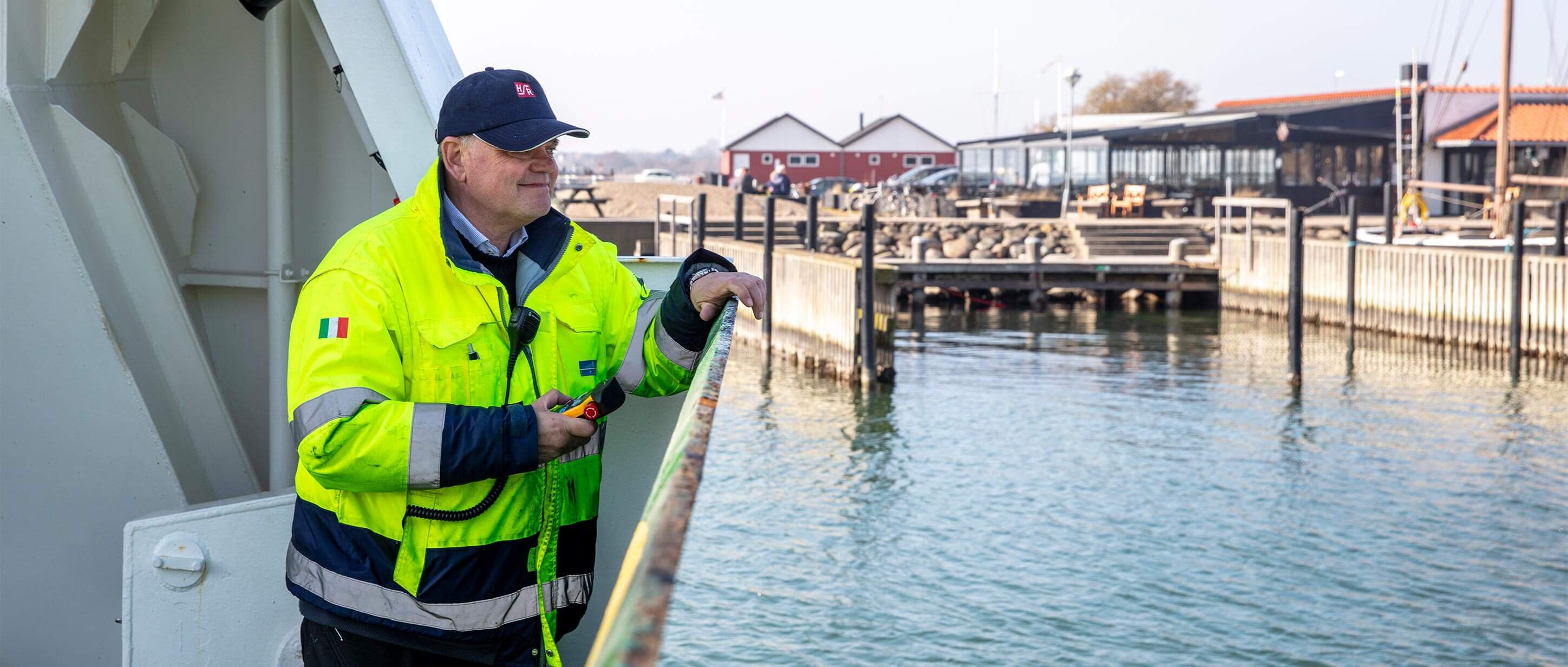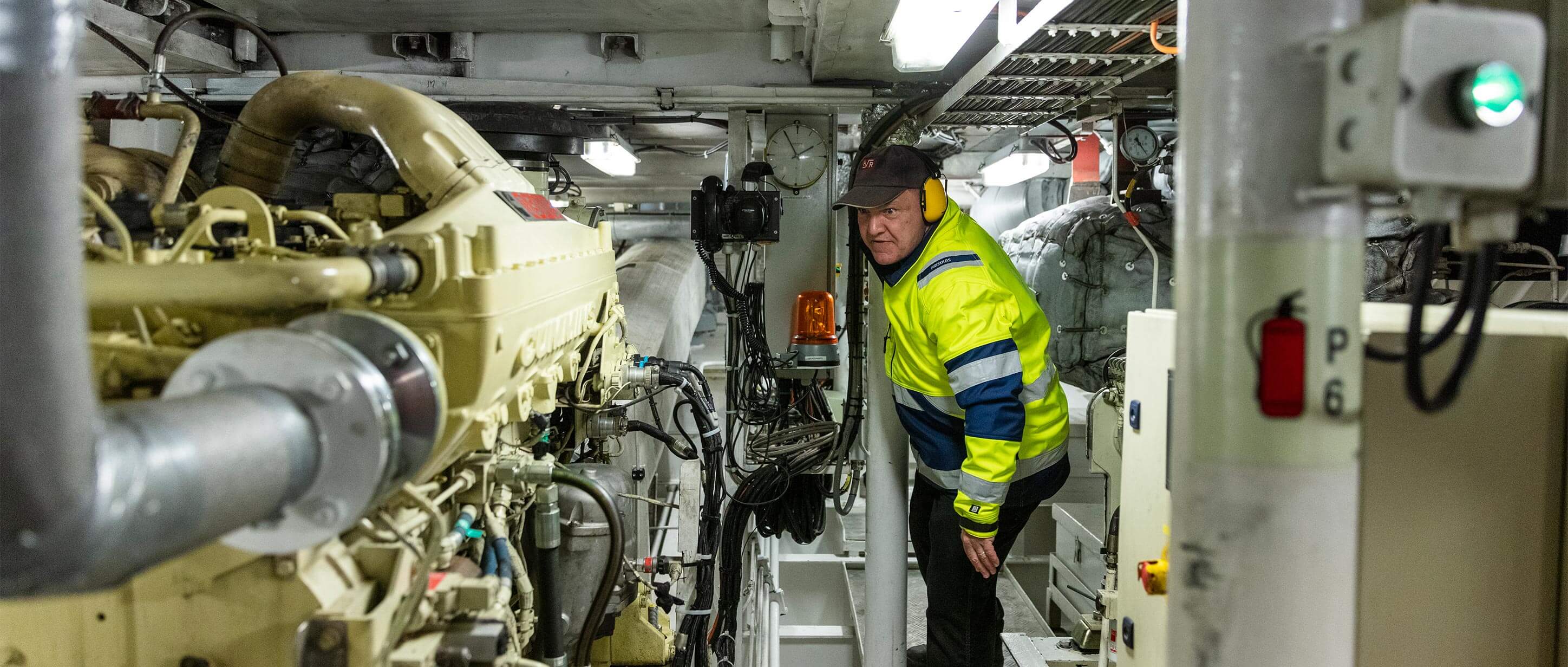For the first time in 18 years, new workers' compensation rules are on the way from the Ministry of Employment, which includes a pilot scheme on recognition, which UFDS is in dialogue with the Danish Working Environment Authority about participating in.
At the end of September, the then government and a broad majority in the Danish parliament entered into a new workers' compensation agreement, which is the first major reform of the area since 2004. Among other things, the parties to the agreement agreed on a number of initiatives to shorten the processing time for workers' compensation cases.
In addition, agreement was reached to improve the compensation system by, among other things, introducing an insurance obligation for certain employers. This will make it easier for employees in, for example, care functions to receive compensation if they are exposed to violence at work.
For UFDS, one of the most interesting elements in the agreement is a pilot scheme where the self-insured entities and the companies decide on recognition. Initially, selected companies will participate in the trial, and here we have – via Sedgwick Denmark – contacted the Ministry of Employment and offered to be available for the pilot program.
It is thus on the basis of the outsourcing of the handling of industrial injuries and policies to Sedgwick Leif Hansen A/S, which we carried out earlier this year, that has made UFDS part of a community that has the size to be part of such a scheme.
Likewise, it also puts UFDS in a very strong position if the pilot scheme for recognitions is finally adopted. All things being equal, a final decision will thus require professional knowledge and resources that smaller companies do not necessarily have.
»All in all, we interpret the agreement as a strong basis for ensuring the rights of the injured. The agreement substantially provides a number of strong tools that all parties in a workers' compensation case have been requesting for years,« Frederik Nielsen, a lawyer with Sedgwick Denmark, says.
He further points to the fact that Sedgwick believes that the agreement requires a sharp upgrade of the knowledge, skills and capacity that self-insured entities and insurance companies should (and must) have.
»The agreement involves more work as a self-insured employer, as you must to a much greater extent be an active player in helping to shape and operate the social safety net that the Workers' Compensation Act now becomes under the injured,« Frederik Nielsen says.
The Ministry of Employment estimates that the agreement on an improved workers' compensation system fully phased in will entail increased compensation sums for injured persons totaling DKK 100 million and be neutral for employers' immediate additional costs. However, the economics is not estimated to be fully phased in until 2057.







